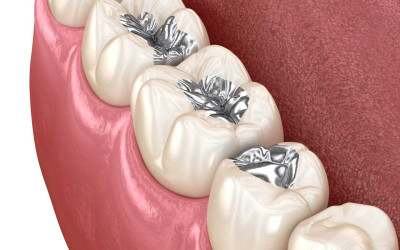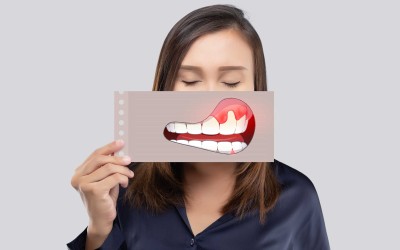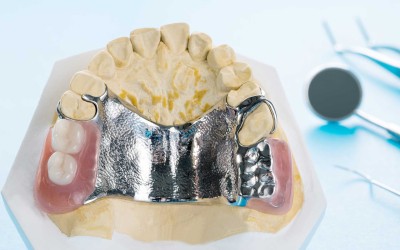Symptoms of Toothache in Babies
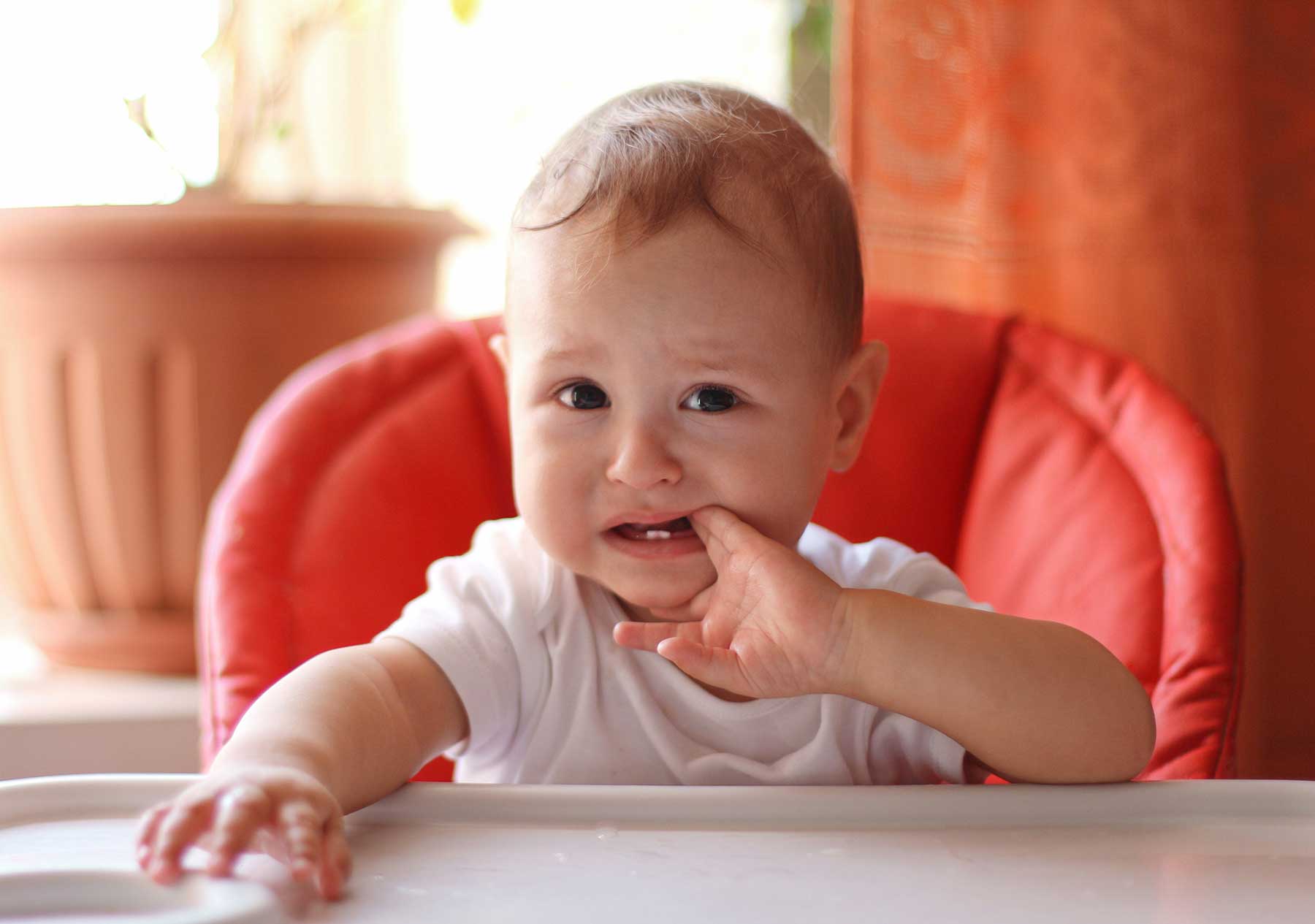
Symptoms of Toothache in Babies
- 3 February 2023
- 23248 views
Toothache in babies is usually seen when the process of tooth eruption begins, but in some cases, it can also be a sign of decay.
This content is for informational purposes only and does not replace medical advice, diagnosis, or treatment. Please consult a healthcare professional for any health concerns.
Table of Contents
During the growth and development process in babies, various changes in the body can bring about certain health problems. In the course of these problems, restlessness and frequent crying can be seen in babies. These complaints can develop with various health problems. Therefore, determining the underlying cause is important. One of the problems that can cause restlessness and is often seen in babies is toothache.
What are the Causes of Toothache in Babies?
Toothache or teething pain is a natural part of the growth and development process. In babies, tooth eruption begins with the formation of tooth buds in the jawbone. Over time, the tooth buds form tooth tissue and move towards the mouth. At the end of this process, the teeth turn into primary teeth. Teeth emergence can cause discomfort, sensitivity, high fever, and pain in babies. This condition is also known as teething pain.
Babies generally begin to teethe between 4 and 7 months of age. Teething begins with the lower front incisors first. Over time, it continues with the upper incisors, canines, and molars. These teeth are all temporary and are known as baby teeth. They will be replaced by permanent teeth as the child develops. By around 3 years of age, a total of 20 baby teeth will have developed and fill the oral cavity. Throughout this process, toothache and sensitivity may occur due to the emerging teeth from the gums.
In addition to teething pain, tooth decay can also cause toothache in babies. However, this is less common as baby teeth have less tooth tissue and are less exposed to external factors. Therefore, the cause of tooth pain in babies is most often the teething process.
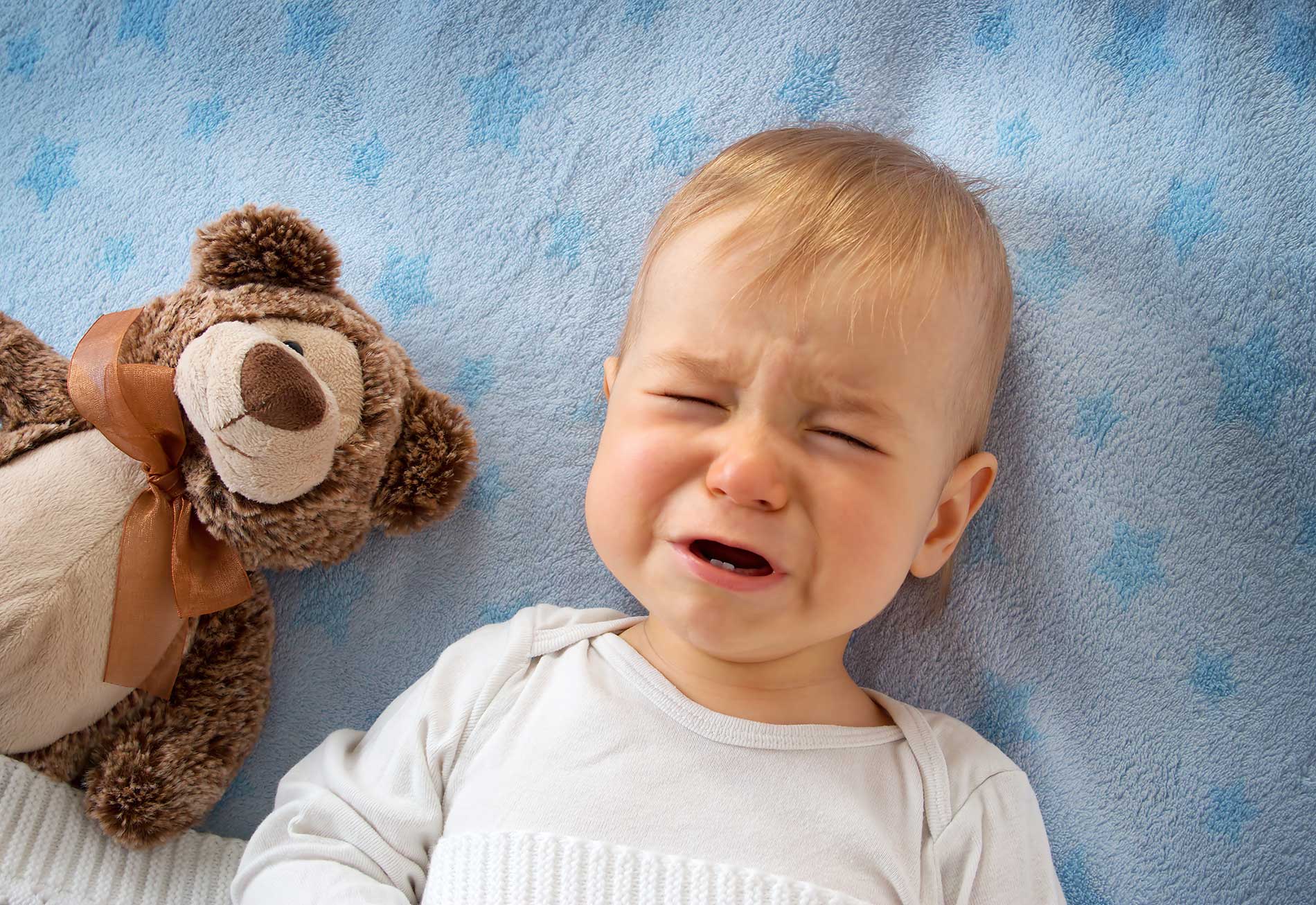
Symptoms of Tooth Pain in Babies
Toothache caused by teething or tooth decay can manifest in babies with various clinical symptoms.
The symptoms of tooth pain in babies are as follows:
- Changes in feeding and sleeping habits
- Swelling and sensitivity in the gums
- Slightly elevated body temperature or fever
- Coughing
- Putting hands in mouth, rubbing cheeks or ears
- Restlessness, crying, unhappiness
- Habit of putting hard objects in the mouth, trying to chew
- Drooling, decreased swallowing of saliva
What is Good for Toothache in Babies?
Consulting a doctor is important to reduce tooth pain and high fever in babies. You can use painkillers and fever-reducing syrups as prescribed by your doctor. You can also apply cold and clean compresses to your baby's gums, use pain-relieving gels, and use granules that soothe the gums.
To alleviate the pain of toothache, it is also important to pay attention to the oral hygiene of your baby. By regularly cleaning your baby's gums with a soft gauze, you can maintain your baby's dental health.
How Should Dental Care be Done in Babies?
Dental care should begin with the explosion of the first tooth in the baby. Because primary teeth health affects permanent teeth health
From the 6th month, it is necessary to ensure that there is enough fluoride in the baby's diet as the tooth eruption period begins. The main source of fluoride is drinking water. Therefore, the fluoride content of the water consumed should be known. Consult a pediatrician and pediatric dentists to see if the baby needs fluoride supplementation.
Use special baby toothbrushes and brush teeth twice daily when the first tooth appears. Use soft-bristled brushes and avoid hard movements to prevent gum damage. Fluoride-containing toothpaste the size of a grain of rice should be used. After brushing, the baby's mouth should be rinsed thoroughly with clean fingers.





